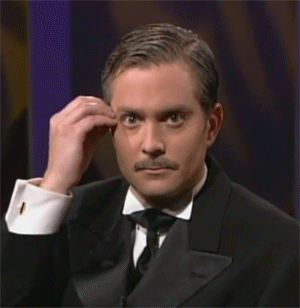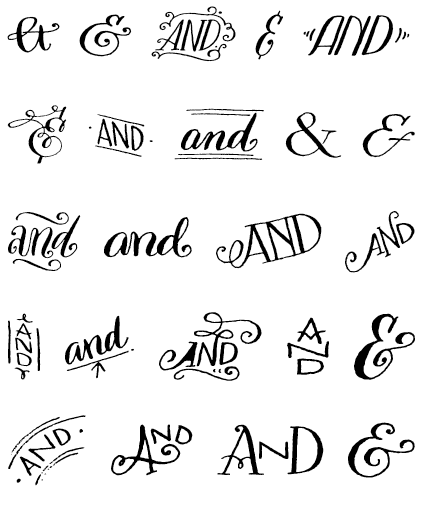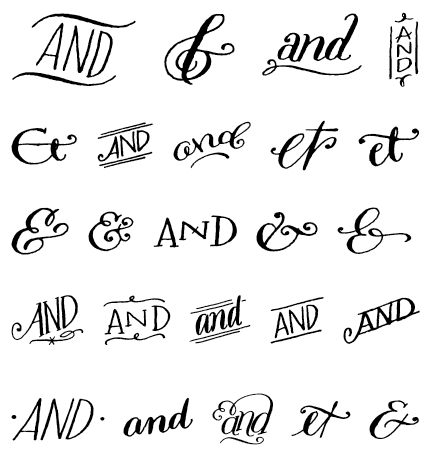Leigh Bardugo's Blog, page 655
October 9, 2013
Hi David! Sorry for bothering again (again). A conlanging question this time: Every time you talk about creating languages you mention the process of evolving the conlang and how it gives it a more natural feel. My question is: How do you evolve your langu
This is a question that really only a book can answer. I’ll try to give you the bullet points of an executive summary of an introduction to the topic.
Languages change in three main ways:
Sound Change: The sounds of a language will evolve over time. This is why “says” sounds like it should be written “sez”.
Lexical Change: Words change meaning over time. A word like “obnoxious” originally meant “liable to be injured”. It means nothing of the kind of anymore, though.
Grammatical Change: The grammar of a language also changes over time. We now have two different future tenses (three if you count “shall”), none of which originally meant “future” (one meant “go”, the other “want”, and the other “to have to”).
I’ve listed these in, roughly, order of simplicity, when it comes to conlanging. For sound changes, there are undoubtedly a number of resources online that summarize the most common sound changes and how they work. There are also sound change appliers online that will take your input and apply sound changes you create to them. It’s worth a look.
Lexical change can be tricky. Pretty much any word is liable to be changed (i.e. it is obnoxious to change. Heh, heh…), but not all words will. It’s up to the conlanger to figure out where changes will occur and where they won’t, and what words will arise to fill the gap, if any (for example I can’t think of single word that has the old meaning of “obnoxious”. We just lost that. Now we have to explain the meaning).
Grammatical change affects mainly paradigms. For example, Latin had a way of creating adverbs from adjectives, but for some reason Romance pretty much ditched it, replacing it with a combination of “adjective+mind” (e.g. Spanish rápido = fast; rapidamente = quickly). You can see how wholesale grammatical restructuring happened from Latin to Romance with the loss of pretty much all noun case, the development of articles, and the shifting of the verbal system. In order to do this in a conlang, you basically need a more or less fleshed out older language and to apply the same types of changes (appropriate, of course, to your time depth. A language changes a lot less in 300 years than it does in 3000).
Again, this is really just scratching the surface, though. If you’d like a couple of resources, I recommend Lyle Campbell’s Historical Linguistics and Bybee et al.’s The Evolution of Grammar.
Hi David! Sorry for bothering again (again). A conlanging question this time: Every time you talk about creating languages you mention the process of evolving the conlang and how it gives it a more natural feel. My question is: How do you evolve your langu
This is a question that really only a book can answer. I’ll try to give you the bullet points of an executive summary of an introduction to the topic.
Languages change in three main ways:
Sound Change: The sounds of a language will evolve over time. This is why “says” sounds like it should be written “sez”.
Lexical Change: Words change meaning over time. A word like “obnoxious” originally meant “liable to be injured”. It means nothing of the kind of anymore, though.
Grammatical Change: The grammar of a language also changes over time. We now have two different future tenses (three if you count “shall”), none of which originally meant “future” (one meant “go”, the other “want”, and the other “to have to”).
I’ve listed these in, roughly, order of simplicity, when it comes to conlanging. For sound changes, there are undoubtedly a number of resources online that summarize the most common sound changes and how they work. There are also sound change appliers online that will take your input and apply sound changes you create to them. It’s worth a look.
Lexical change can be tricky. Pretty much any word is liable to be changed (i.e. it is obnoxious to change. Heh, heh…), but not all words will. It’s up to the conlanger to figure out where changes will occur and where they won’t, and what words will arise to fill the gap, if any (for example I can’t think of single word that has the old meaning of “obnoxious”. We just lost that. Now we have to explain the meaning).
Grammatical change affects mainly paradigms. For example, Latin had a way of creating adverbs from adjectives, but for some reason Romance pretty much ditched it, replacing it with a combination of “adjective+mind” (e.g. Spanish rápido = fast; rapidamente = quickly). You can see how wholesale grammatical restructuring happened from Latin to Romance with the loss of pretty much all noun case, the development of articles, and the shifting of the verbal system. In order to do this in a conlang, you basically need a more or less fleshed out older language and to apply the same types of changes (appropriate, of course, to your time depth. A language changes a lot less in 300 years than it does in 3000).
Again, this is really just scratching the surface, though. If you’d like a couple of resources, I recommend Lyle Campbell’s Historical Linguistics and Bybee et al.’s The Evolution of Grammar.
sturmhond:
[au(?)] In which Vasily and Sturm- *coughs* Nikolai...

[au(?)] In which Vasily and Sturm- *coughs* Nikolai as children didn’t care about thrones or ruling a country. (But were ultimately entangled in that web that was laid out for them causing them to cut their childhood ties and growing up to be polar opposites. ;-;)
Also Nikolai is being his usual playful self and Vasily is being a cool older bro and bearing with him.
omg. what the eff, people? I kill someone off with minimal feels damage to myself and then you pull this?
*sniffles* babies.
goodtypography:
Bookeyed Sadie Ampersands (Free Download)
sun-summon:
hey
so
a few days ago
on the weekend
I was procrastinating on my homework
and I was...
hey
so
a few days ago
on the weekend
I was procrastinating on my homework
and I was figuring out what words or proper nouns I could derive from the letters making up “Alina Starkov”
and
Sankta
Saint
savior
Ravka
valor
stain
Stalin (*sharp intake of breath*)
stark (of course)
sail
Tsar
tail(s)
rail
rain
lost (*starts sobbing*)
sol
star
stink
trainand
get ready
…
Lantsov.
Is this a sign.
MIND. BLOWN. I so badly want to be all “I meant to do that.” Alas, no. All anagrams are purely coincidental and I can neither confirm nor deny what they may or may not suggest.
STILL…

Very proud to announce that Grisha: Les Orphelins du Royaume...

Very proud to announce that Grisha: Les Orphelins du Royaume (aka Shadow and Bone) won the 2013 Elbakin Prize for best translated fantasy novel for youth. Given the other authors nominated, I’m surprised and truly honored. (Also, I just like saying the title in French. I highly recommend you try it.)
More info on the award in French here. Or in English here.
Much love to my French publisher, Castelmore, for bringing the Grisha to France








